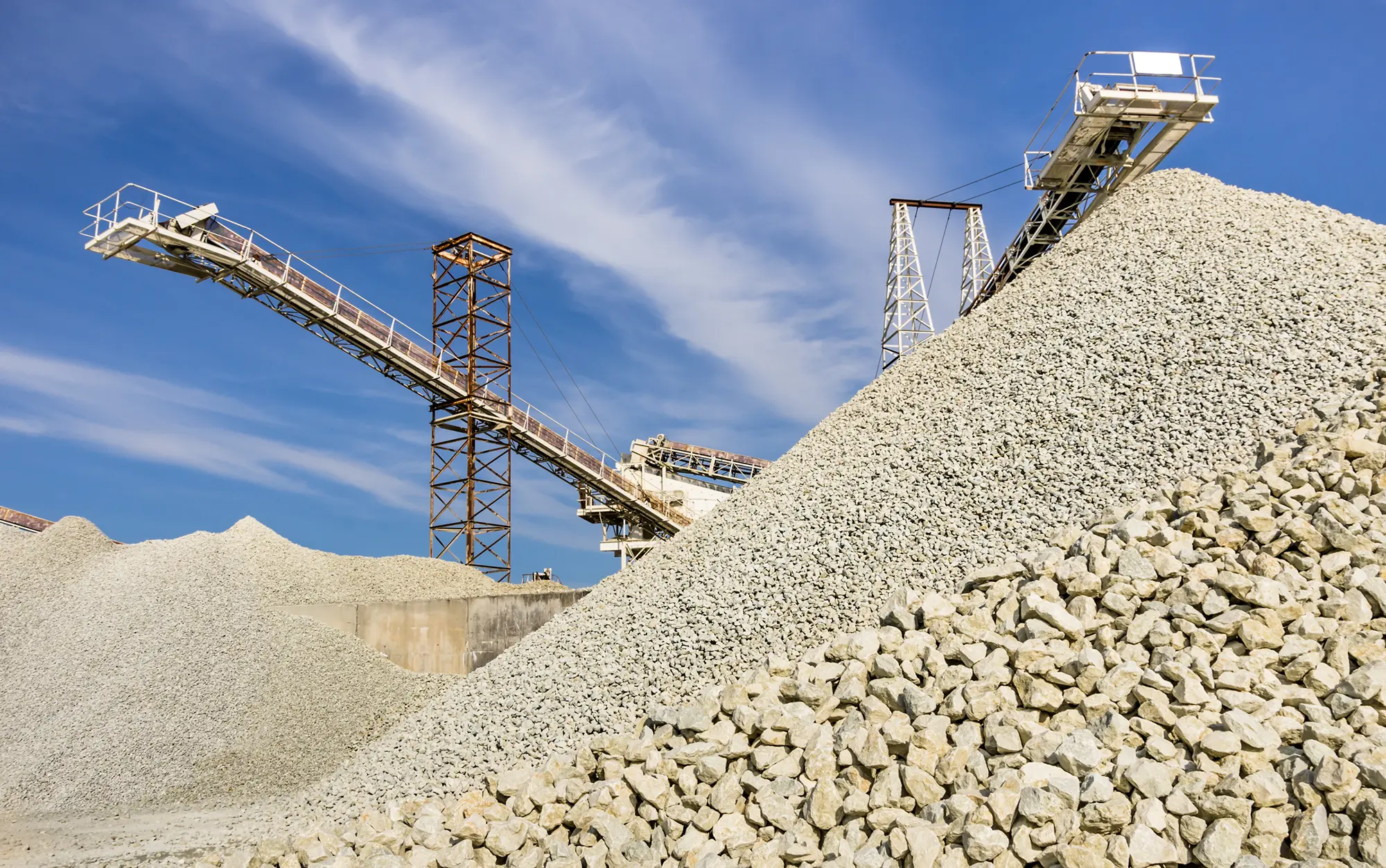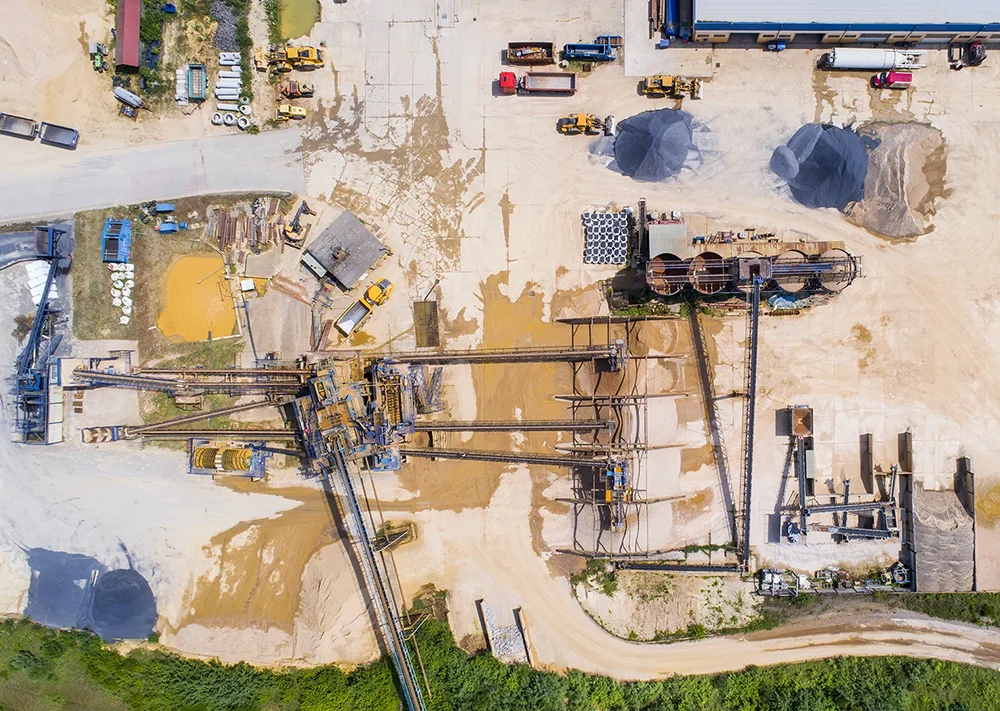With new laws just passed, Australia is an early adopter of ISSB-aligned sustainability reporting requirements. Many corporations and large emitters, such as mining and resource operations, must report from January 2025.
Our regular newsletter aims to help you take control of your metallurgical accounting, process optimisation and sustainability reporting by embracing data.
This edition covers Australia’s latest climate reporting laws and explains how to meet your obligations. If you have questions or need more information, please get in touch.
NEWS
Australia takes global leadership in mandatory climate reporting.
With the passage of the Treasury Laws Amendment Act 2024 (Financial Market Infrastructure and Other Measures), Australia has established itself as a global leader in mandatory climate reporting, introducing internationally aligned standards that will reshape corporate disclosure.
In his foreword to the AICD climate reporting guide, ASIC Chair Joe Longo describes this as “the biggest change to corporate reporting in a generation.”
A new framework for climate reporting
The new legislation, which amends the Corporations Act 2001 and Australian Securities and Investments Commission Act 2001, mandates relevant entities to report against Australian Sustainability Reporting Standards (ASRS).
These comprise two key elements: AASB S1, a voluntary standard for general sustainability reporting, and AASB S2, a mandatory standard for climate-related disclosures. These standards align with International Sustainability Standards Board (ISSB) frameworks while incorporating specific requirements for Australian businesses.
Phased implementation timeline from January 2025
The rollout of the legislation follows a strategic, phased approach:
- The largest emitters and corporations must begin reporting from January 2025, with first reports due for December 2025 year-ends and June 2026 for June year-ends.
- Smaller entities will phase in from July 2026 and July 2027.
These disclosures will form part of a new Sustainability Report – becoming the fourth component of the Annual Report, joining the existing Financial Report, Directors Report and Auditors Report.
Supporting the transition
Understanding the challenges of this transition, the framework includes a Modified Liability Period for forward-looking disclosures in the first year, and for Scope 3 emissions, scenario analysis and transition planning disclosures over the first three years.
This balanced approach encourages thorough disclosure while acknowledging the complexity of climate-related reporting.
Global leadership position
Australia joins just six jurisdictions globally that have adopted ISSB-aligned standards, with major economies including Brazil, Japan, Hong Kong, Canada and the UK signalling their intention to adopt similar standards soon.
As sustainability reporting evolves into a crucial aspect of corporate governance, Australia’s early adoption and comprehensive framework establish a model for other nations to follow.
Forward-thinking organisations are already preparing for this transformation, recognising that effective climate reporting isn’t merely about compliance – it’s about demonstrating resilience and long-term value creation in an increasingly sustainability-focused business environment.
WIKI
How the EU Batteries Regulation impacts mining and minerals

As the demand for batteries rises, there is a long-term opportunity for mining operations to supply battery minerals such as cobalt, nickel and lithium. This guide explains the new rules around Battery Passports and how to calculate battery carbon footprint declarations and achieve compliance using Product Carbon Footprinting (PCF) software.
RESOURCE
How MI Core® exceeds the 10 principles of Amira P754

While Amira P754 principles remain foundational to best practice in metal accounting, technology has transformed since they were established in 2004. Traditional tools are no longer sufficient. See how MI Core® digital twin metallurgical accounting software surpasses industry standards and drives operational benefits.





